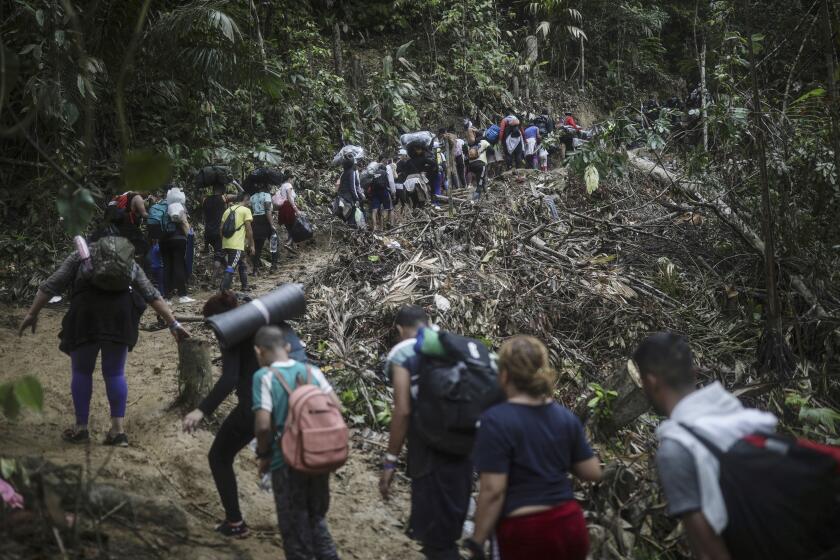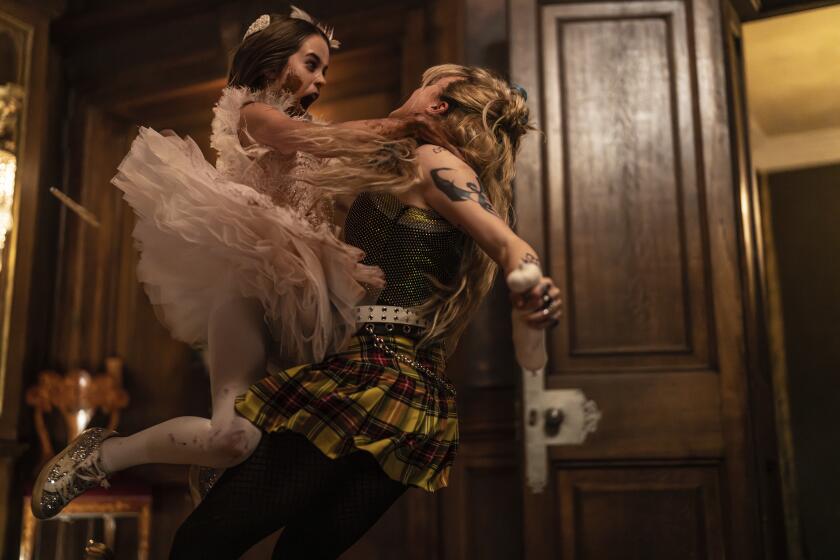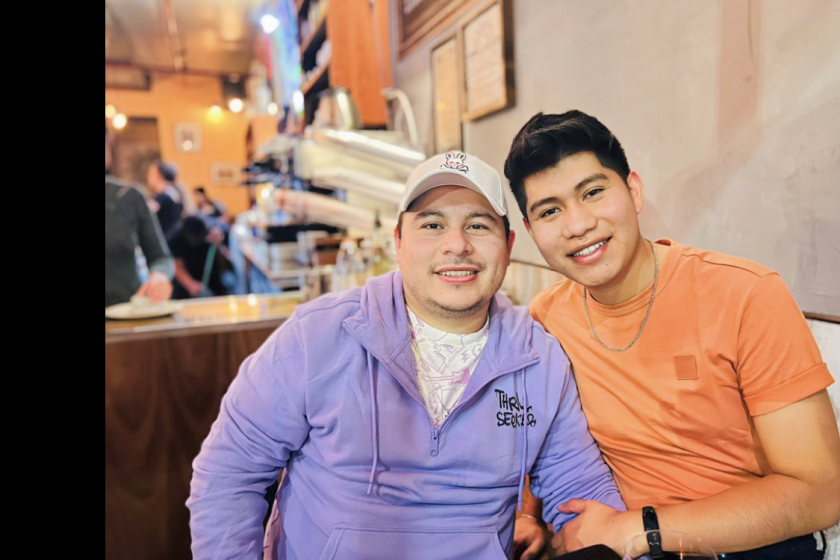Male commanders kept female rebels out of FARC’s top posts, journalist says
While nearly one-third of Revolutionary Armed Forces of Colombia (FARC) guerrillas were female, no women were ever given posts in the secretariat, the political and military decision-making body of the demobilized rebel group, journalist Fernando Millan Cruz said in an interview with EFE.
Millan, author of “Con ojos de mujer. Relatos en medio de la guerra” (Ediciones B), said he blamed widespread “machismo” in the FARC for the failure of women to be promoted to top leadership posts.
In his book, Millan looks at the FARC’s history via the stories of nine former female guerrillas who came from both urban and rural areas, and held a variety of posts within what was once Colombia’s largest leftist insurgency.
“Because of machismo, none of them joined the secretariat,” Millan told EFE, noting that former rebels Olga Marin and Victoria Sandino stood out for pushing to “incorporate the issue of gender in the negotiations” that eventually led to a peace agreement between the FARC and Colombia’s government.
Among the former rebels profiled are Sandra Ramirez, a FARC party senator and former lover of late FARC founder Manuel Marulanda, and Carolina Garcia, who left Brussels to join the rebel group.
The common thread in the stories of the nine women profiled in the book is their experiences during the conflict and lives in the group’s clandestine camps, Millan said, denying that he was providing an idealized portrayal or whitewash of the FARC, which has been blamed for the deaths of thousands of people and was involved in kidnappings, drug trafficking and other criminal activities.
The Colombian journalist said the FARC leadership was “machista” and kept women in what they considered their place.
“In the beginning, the women were in the organization, basically, to wash clothes and care for their husbands (and) boyfriends, and over time they adjusted to other conditions as women from the cities joined up, with political training, who demanded a change in the situation, (saying) they didn’t join the guerrillas to wash somebody else’s clothes,” the journalist said.
The book’s roots are in the 10th FARC Conference, which was held in September 2016 on the Yari plains of southern Colombia, a gathering at which the guerrilla group discussed how it would transition to a legal status and engage in political activities.
During the conference, Millan met several of the female guerrillas whose stories are told in the book.
“In Colombia, the story has been told from just one side and when they have tried to tell the other side, the men have told it. And the women are nowhere to be found on either side,” Millan said.
The book examines the role of machismo in the FARC and the relationship between male and female guerrillas, but the reported cases of sexual abuse in the rebel group’s ranks are only mentioned in passing.
“Yes, I asked them, including Olga Marin, about sexual violence, I asked all of them. Marin told me it never happened, while the others asked me, ‘Do you think that I, armed with a rifle, a pistol or a knife, would let myself be raped?’” Millan said.
Some of the former female guerrillas who say they were victims of sexual violence joined the Corporacion Rosa Blanca.
“This is an issue the whole world is familiar with. This is an issue that has received much coverage in the media and I tried to tell other stories,” Millan said.
While the final peace agreement between the government and FARC included the issue of gender, many former female guerrillas said they were reluctant to embrace feminism.
“I’m not a supporter of feminism that is combative and does so with a focus on reaching the conclusion that men are the problem in society and not the class struggle,” Paula Saenz, a former guerrilla, said.
By Santiago Jose Sanchez



